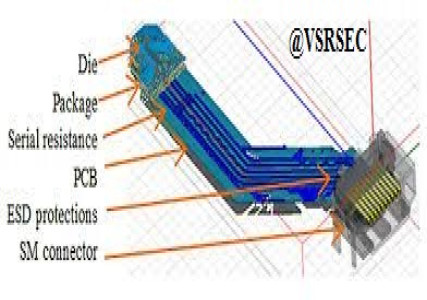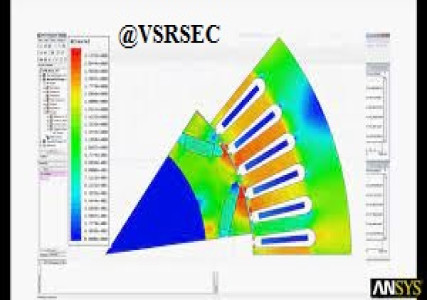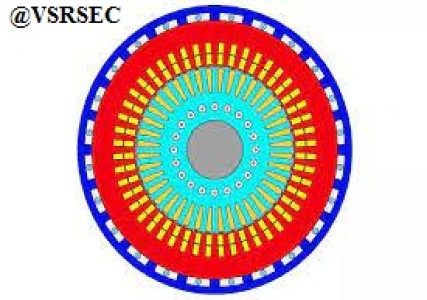STAAD.Pro Advanced Certification Course
Branch : CE






This specialized course introduces learners to the integration of ANSYS simulation software with the design and analysis of 5G wireless communication systems. It aims to equip engineers, researchers, and technology enthusiasts with the skills to model, simulate, and optimize the performance of 5G network components and infrastructure using advanced computational tools.
The curriculum covers the fundamentals of 5G technology, including network architecture, signal propagation, and device design, combined with practical ANSYS simulation techniques such as electromagnetic analysis, thermal management, and structural integrity. Through hands-on projects and case studies, participants will learn how to simulate antenna performance, evaluate material properties, and troubleshoot network challenges to ensure reliable and efficient 5G deployment.
Ideal for professionals in telecommunications, RF engineering, and related fields, this course bridges the gap between theoretical 5G concepts and real-world engineering applications through simulation-driven design.
Overview of 5G technology and network components
Introduction to ANSYS simulation tools and environment
Electromagnetic simulation of antennas and RF components
Thermal and structural analysis for 5G devices and infrastructure
Signal propagation modeling and interference analysis
Optimization techniques for network performance
Hands-on simulation projects and practical case studies
Preparing for challenges in 5G deployment with simulation insights


Understand the fundamental concepts of 5G technology and network architecture.
Utilize ANSYS software to perform electromagnetic simulations of 5G antennas and RF components.
Analyze thermal and structural aspects of 5G devices and infrastructure using simulation tools.
Model signal propagation and assess interference effects in 5G networks.
Apply optimization techniques to enhance the performance and reliability of 5G systems.
Interpret simulation results to troubleshoot design issues and improve network deployment.
Integrate multidisciplinary simulation approaches for comprehensive 5G system analysis.
Demonstrate practical skills through real-world case studies and project simulations.
Prepare for roles in telecommunications, RF engineering, and network design with simulation expertise.
Communicate technical findings effectively for collaborative engineering projects.
0 Reviews
Review Course
For Review on Course. You need to Login first. Login Here